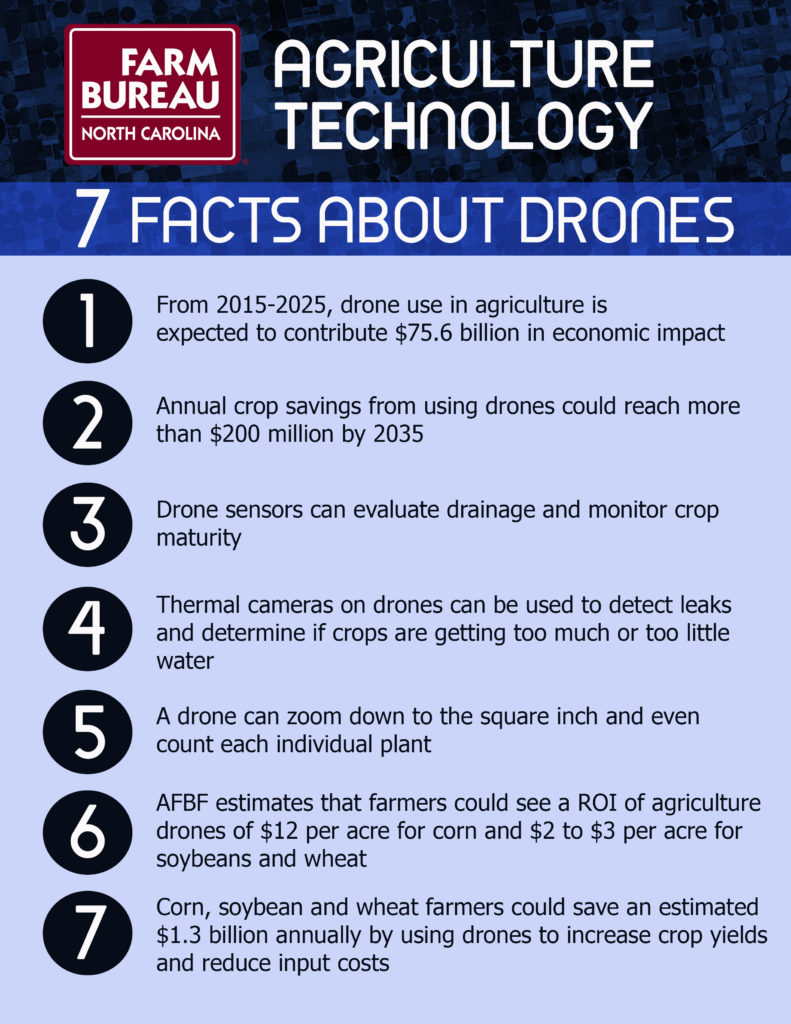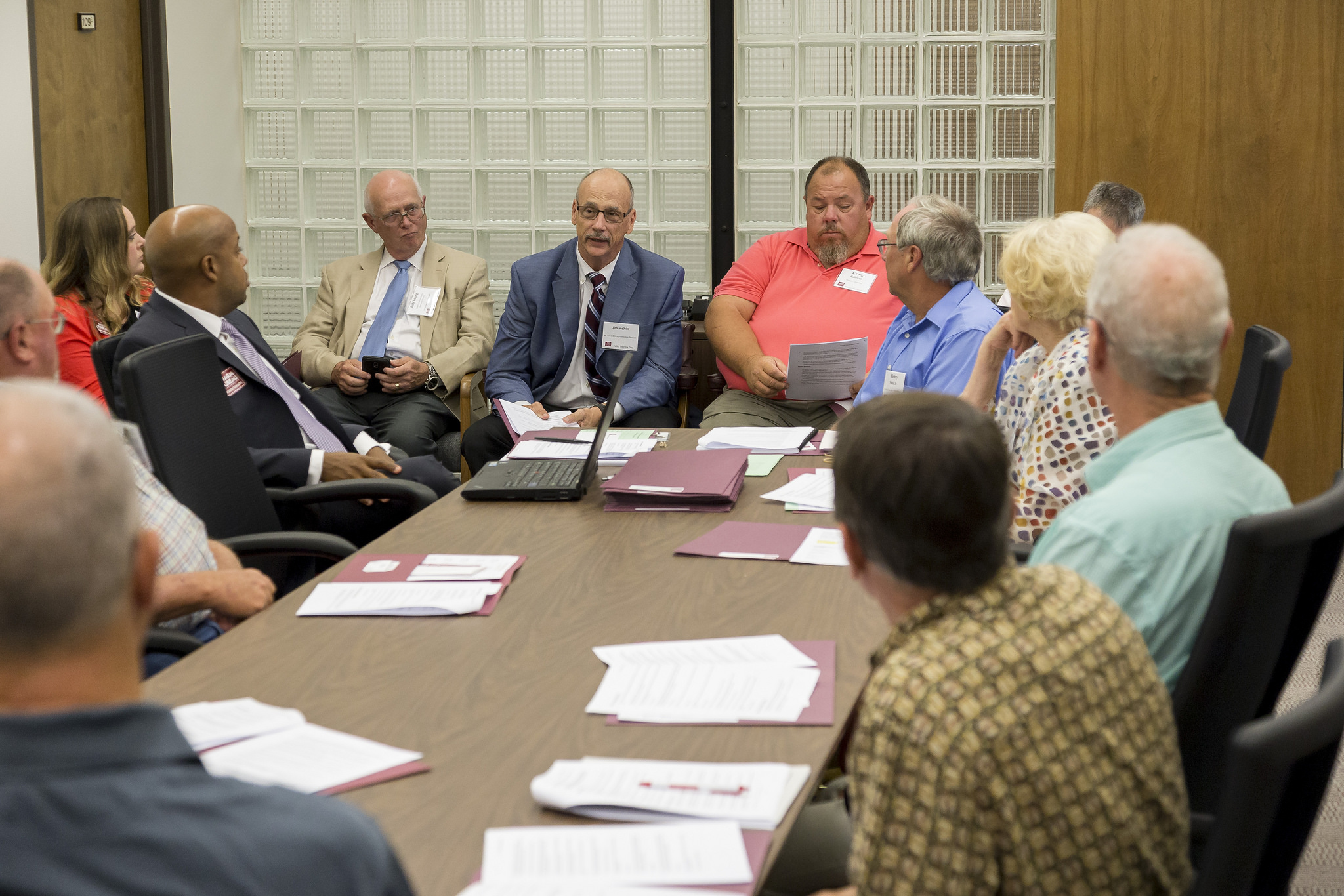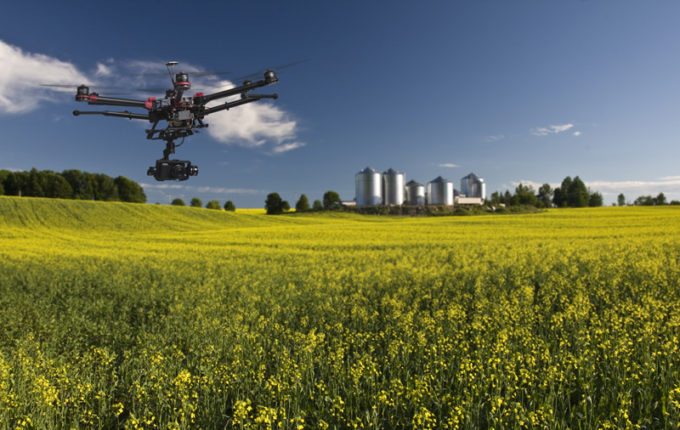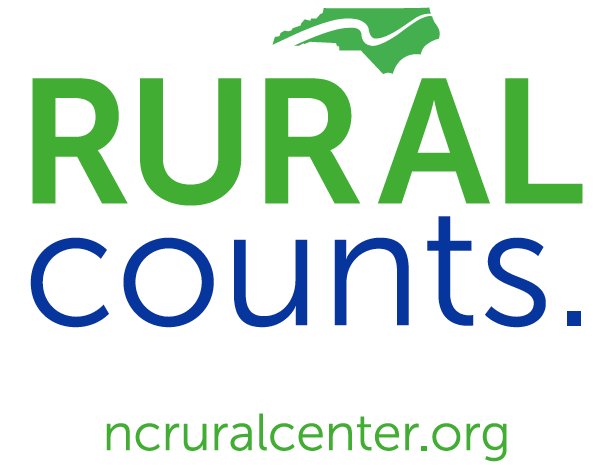Written by Michele Reedy, Ag in the Classroom Program Director
With this sweltering August heat it might not feel like summer is ending, but it’s back to school time for thousands of students across the state. Families are soaking up those last few days of summer before their school routines begin, and teachers are preparing their classrooms and wrapping up professional development. It’s an important time of year when administrators and teachers evaluate which programs, teaching trends, and curriculum will best prepare our students for the future.
As you are aware, it’s difficult to talk about education and new educational programs without discussing the importance of science, technology, engineering, and mathematics (known as STEM). In fact, STEM education is the committed focus for many North Carolina schools and is explained by the U.S. Department of Education as, “more important than ever for our youth to be equipped with the knowledge and skills to solve tough problems, gather and evaluate evidence, and make sense of information.” That’s why North Carolina Farm Bureau created and supports a unique educational program that focuses on STEM education. Since North Carolina Farm Bureau is the largest agricultural non-profit in the state, the program is built upon the integration of agriculture as the foundation for STEM education. This program is called Ag in the Classroom.









